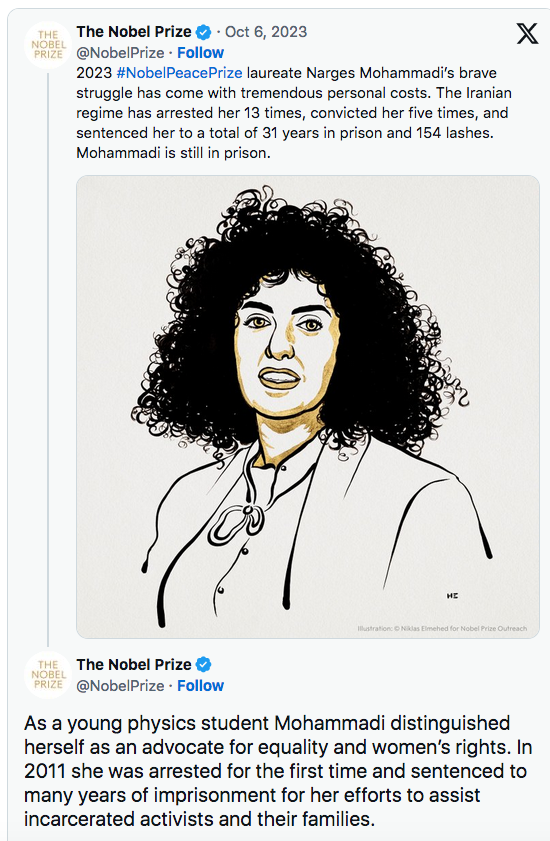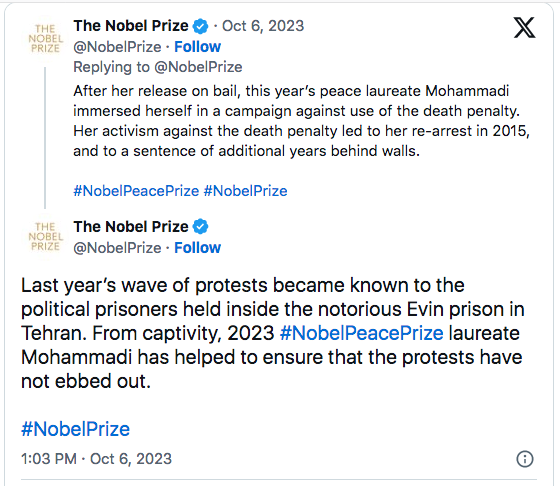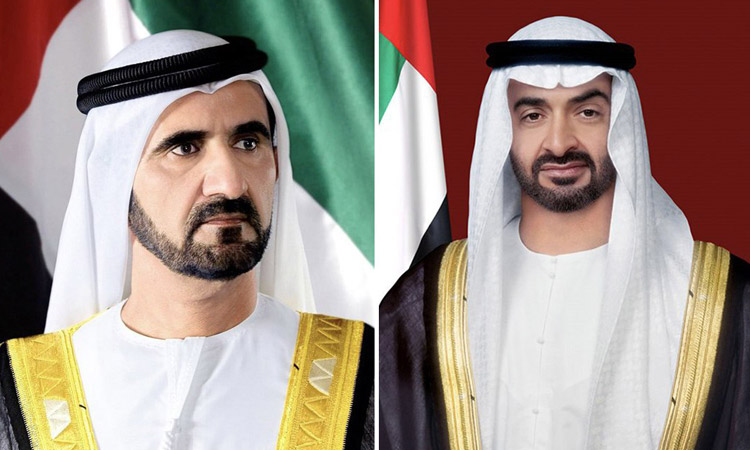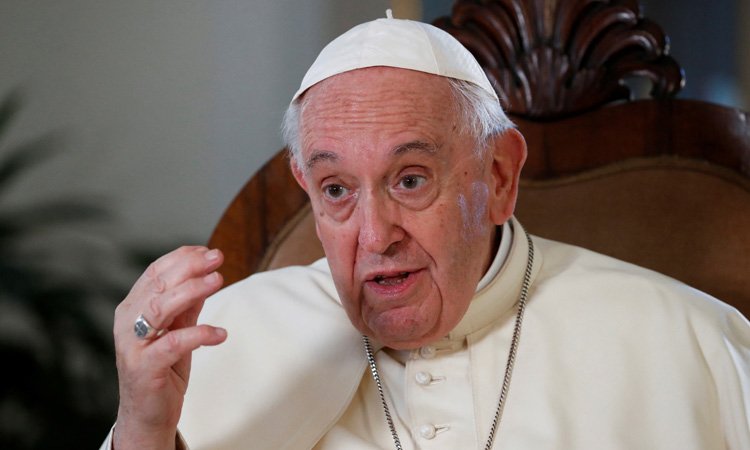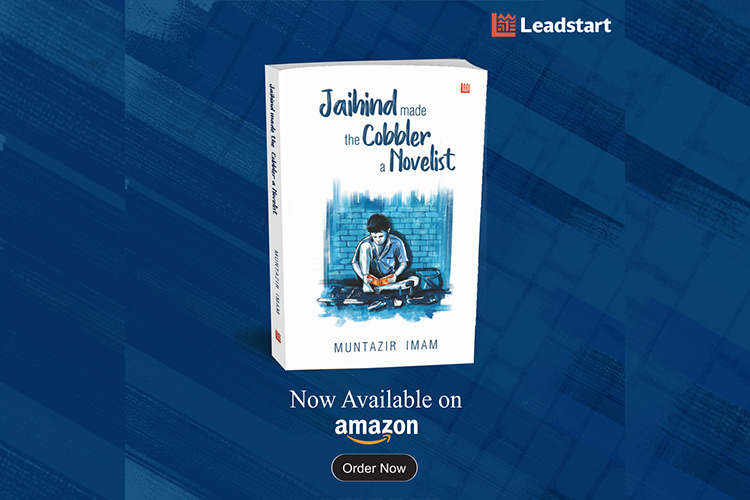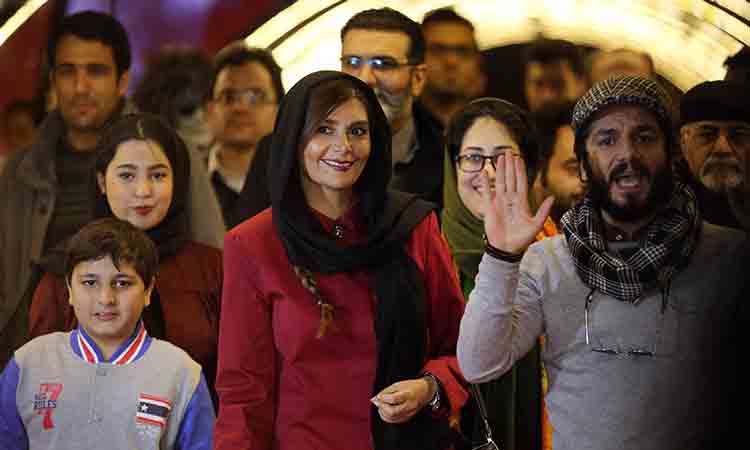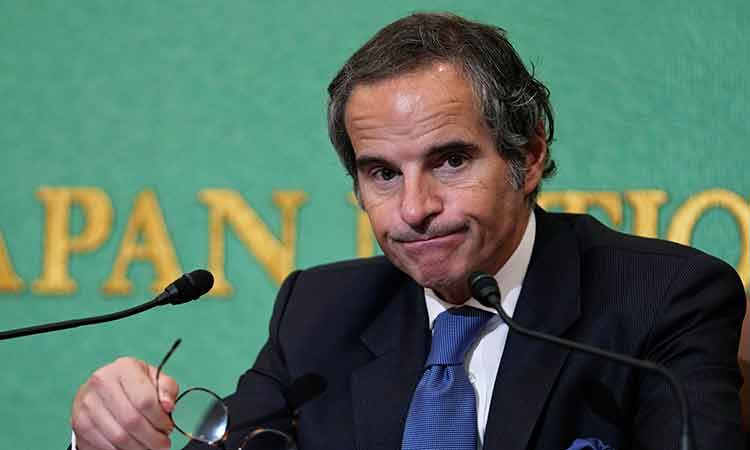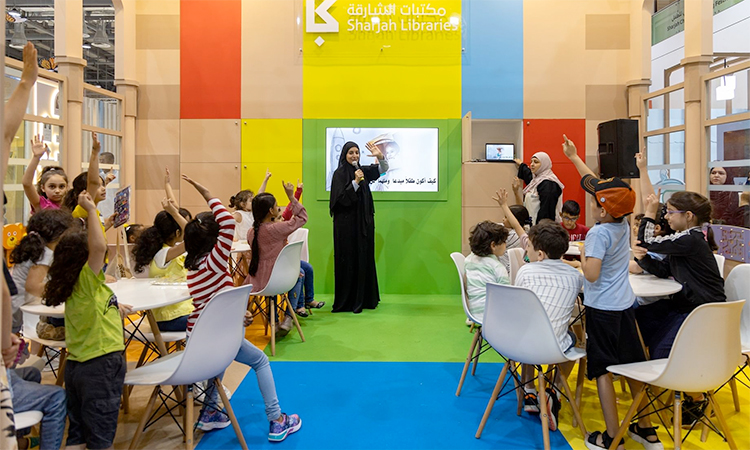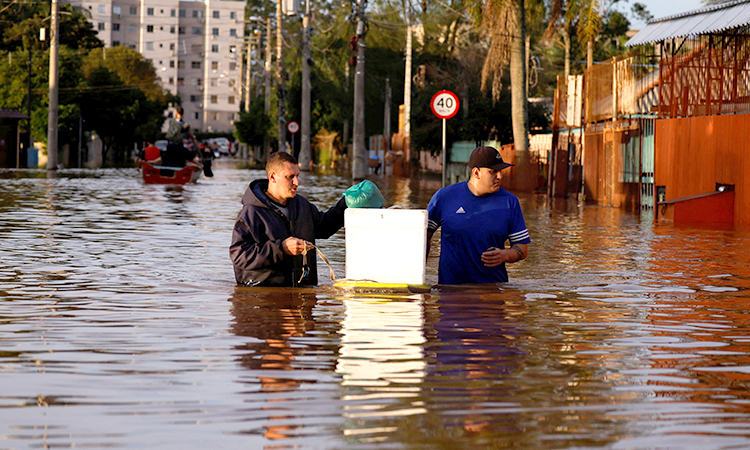Jailed Iranian activist Narges Mohammadi wins Nobel Peace Prize
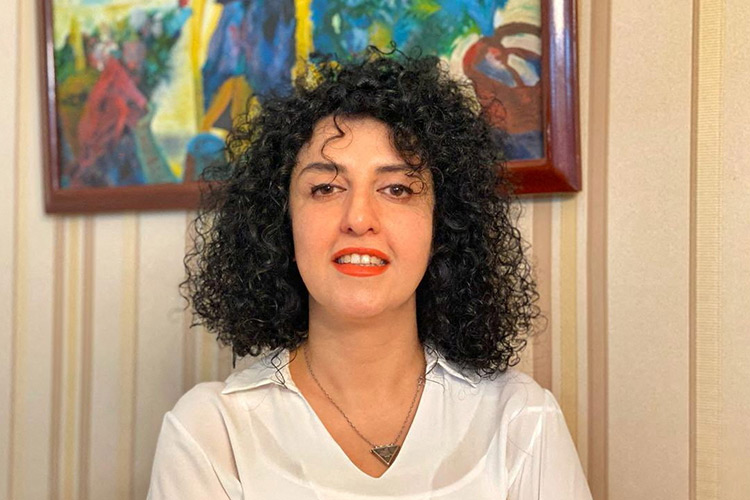
Iranian human rights activist Narges Mohammadi poses in this undated handout picture.
The Nobel Peace Prize was on Friday awarded to imprisoned rights campaigner Narges Mohammadi, honoured for her fight against the oppression of women in Iran.
Mohammadi's award comes after a wave of protests that swept Iran after the death in custody a year ago of a young Iranian Kurd, Mahsa Amini, arrested for violating Iran's strict dress rules for women.
Mohammadi, a 51-year-old journalist and activist, has spent much of the past two decades in and out of jail for her campaign against the mandatory hijab for women and the death penalty.
She is the vice-president of the Defenders of Human Rights Centre founded by Iranian human rights lawyer Shirin Ebadi, herself a Nobel Peace Prize laureate in 2003.
Mohammadi was honoured "for her fight against the oppression of women in Iran and her fight to promote human rights and freedom for all," said Berit Reiss-Andersen, the head of the Norwegian Nobel Committee in Oslo.
"Her brave struggle has come with tremendous personal costs. Altogether, the regime has arrested her 13 times, convicted her five times, and sentenced her to a total of 31 years in prison and 154 lashes," Reiss-Andersen said in the jury's citation.
Speaking to reporters after the announcement, she called for Mohammadi's release.
"If the Iranian authorities make the right decision, they will release her. So she can be present to receive this honour, which is what we primarily hope for," she said.
Authorities have stepped up controls, using surveillance cameras among other things, and have arrested actresses who post pictures of themselves on social media without the hijab.
Incarcerated this time since November 2021, Mohammadi has not seen her children, who live in France with her husband, for eight years.
Considered a "prisoner of conscience" by Amnesty International, she told AFP in her letter that she had "almost no prospect of freedom."
The prize comes on the 20th anniversary of the Nobel Peace Prize awarded to Ebadi, who was honoured "for her efforts for democracy and human rights," especially those of women and children.
This year's prize also symbolically coincides with the 75th anniversary of the UN Universal Declaration of Human Rights.
If she remains behind bars, Mohammadi will not be able to make the trip to Oslo to receive her award, consisting of a diploma, a gold medal and $1 million, at the annual prize ceremony on Dec.10.
The Peace Prize has on several occasions honoured jailed activists, including last year when it went to Ales Bialiatski of Belarus, whose prize was accepted by his wife, and Chinese dissident Liu Xiaobo in 2010, whose chair remained empty.
The Nobel Prizes carry a cash award of 11 million Swedish kronor (about $1 million).
Winners also receive an 18-carat gold medal and diploma at the award ceremonies in December.
The winner of the prestigious Nobel Peace Prize is chosen by a panel of experts in Norway from a list of just over 350 nominations.
Last year's prize was won by human rights activists from Ukraine, Belarus and Russia, in what was seen as a strong rebuke to Russian President Vladimir Putin and his Belarusian counterpart and ally.
Other previous winners include Nelson Mandela, Barack Obama, Mikhail Gorbachev, Aung San Suu Kyi and the United Nations.
Unlike the other Nobel prizes that are selected and announced in Stockholm, founder Alfred Nobel decreed that the peace prize be decided and awarded in Oslo by the five-member Norwegian Nobel Committee.
The independent panel is appointed by the Norwegian parliament. The peace prize is the fifth of this year's prizes to be announced.
A day earlier, the Nobel committee awarded Norwegian writer Jon Fosse the prize for literature.
On Wednesday, the chemistry prize went to U.S. scientists Moungi Bawendi, Louis Brus and Alexei Ekimov.
The physics prize went on Tuesday to French-Swedish physicist Anne L’Huillier, French scientist Pierre Agostini and Hungarian-born Ferenc Krausz.
Hungarian-American Katalin Karikó and American Drew Weissman won the Nobel Prize in medicine on Monday.
Nobels season ends next week with the announcement of the winner of the economics prize, formally known as the Bank of Sweden Prize in Economic Sciences in Memory of Alfred Nobel.
Agencies
